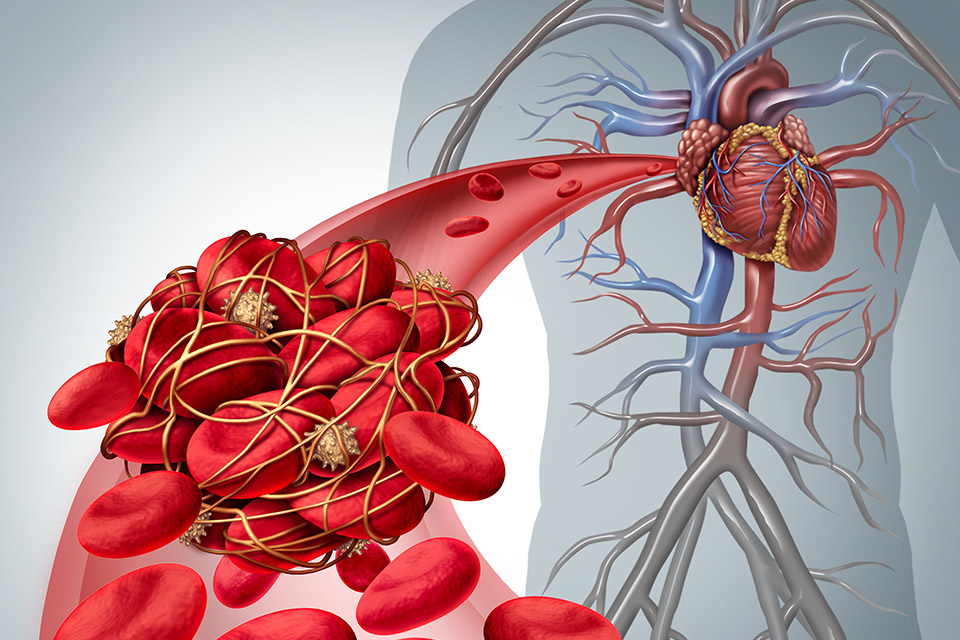Cardiovascular and renal FReT
Our aim is to deliver cross thematic program of work, from basic science focused around platelet and stem cell biology, through to clinical workstreams using electronic healthcare records focused around interventional cardiology, myocardial infarction, renovascular disease and peritoneal dialysis, CardioOncology, CardioObstetrics. We will contribute to changes in practice through clinical trials in cardiovascular and renal disease, and around the delivery and efficacy of stroke interventions.
Cardiovascular disease (CVD) accounts for more than 160,000 deaths annually in the UK equating to a quarter of all UK deaths, representing deaths from coronary heart disease, heart failure, stroke and renal disease. There are around 7.6 million people living with CVD in the UK, with 1.4 million individuals alive nationally that have survived a heart attack and 900,000 individuals living with heart failure. Each year there are around 100,000 new stroke cases and over a million people living with its consequences each year in the UK. CVD is thought to cost the NHS about £9 billion annually and costs the UK economy about £19 billion in total. As such CVD represents one of the most important health burdens in the UK.
Cardiovascular research at Keele spans the translational spectrum, from cutting edge basic science work leveraged by the cardiorespiratory group through to high-quality, state of the art big data themes linking multi-source patient electronic healthcare record data to inform the diagnosis, treatment, and clinical outcomes of real-world patients with CVD and renal disease to clinical trials of patients with stroke.
The work is cross thematic, from basic science focused around platelet and stem cell biology, through to clinical workstreams using electronic healthcare records focused around interventional cardiology, acute coronary syndromes, renovascular disease and peritoneal dialysis, cardio-oncology, cardio-obstetrics and clinical trials around the delivery and efficacy of stroke interventions. The work has contributed to changes in clinical practice nationally particularly around treatments of stroke, access site practice for interventional cardiology and peritoneal dialysis for patients with chronic kidney failure.
FReT Lead: Professor Mamas Mamas








